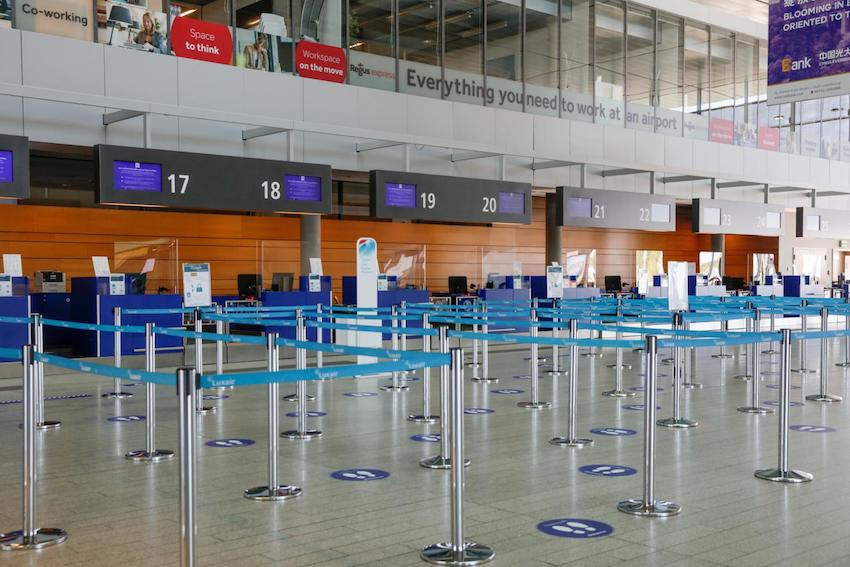The total number of passengers dropped by two-thirds, from 2,086,700 in 2019 to 654,000 in 2020, Luxair stated on 20 January.
The number of passengers on scheduled flights was down -72% year-on-year, while the number of package holiday punters was down -64%.
The carrier was completely grounded for 9 weeks starting in mid-March. Since then, the airline said that business travellers have been largely “missing”.
2020 holiday destination bookings underperformed, except for a brief pre-winter break boost. “Holiday destinations bookings for Christmas even exceeded 2019 during [the] weeks of 3 Dec and 10 Dec,” Luxair reported.
At the same time, cargo “volumes increased 6% in 2020” from 869,000 to 947,000 tons of freight. The pickup was particularly pronounced “in the second half of the year”. The monthly freight record, held since 1993, was broken in November 2020, when 96,500 tons were shipped.
2021 outlook
The airline said current bookings for the first quarter of 2021 were -78% compared to 2019 and that it had cut capacity on scheduled flights by roughly half to three-quarters depending on the route. Package holiday bookings for 2021 were, so far, off -63% versus 2019 and Luxair cut capacity by a quarter or a half for certain destinations.
In addition, the airline announced new flights to several destinations:
- February: Dubai, Paphos in Cyprus and the Swedish ski resort of Sälen
- April: Toulon, in the south of France, and Tunis
- May: La Rochelle in western France, Thessaloniki in northern Greece, Tivat in Montenegro, and Usedom on Germany’s Baltic coast
- June: Belgrade and Oslo
The Luxembourg state owns roughly 62% of Luxair (including the 21.81% share owned by the state savings bank BCEE). Additional stakes are held by, among others, Banque Internationale à Luxembourg (13.14%), which in turn is 10% owned by the Luxembourg state, and by Delfin (13%), an investment vehicle for the family that owns the Luxottica eyewear group.
